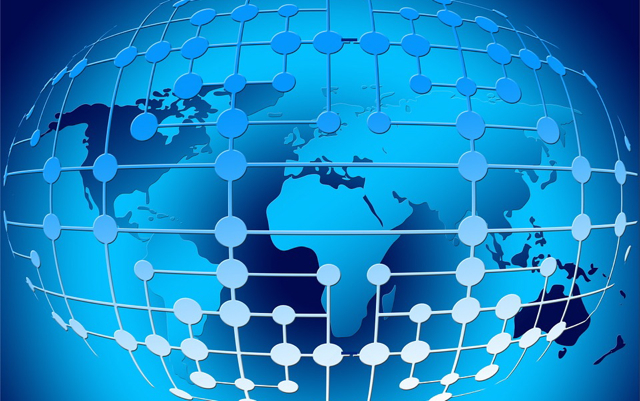A European Parliament committee just voted on Article 13, a controversial provision in the EU’s General Data Protection Regulation (GDPR) that wasn’t in the final draft but was re-introduced on May 25, the day it went into effect. Article 13 requires Internet platforms to vet uploads such as news articles and music videos for copyright infringement. Such filters could encourage platforms to block more content and place an undue burden on smaller platforms, argue the critics. Worse, they continue, filters could be modified to block content critical of governments.
The Verge reports that over 70 experts, including World Wide Web founder Tim Berners-Lee and Wikipedia founder Jimmy Wales, believe Article 13 will turn the Internet into “a tool for automated surveillance and control of its users.” Author/activist Cory Doctorow is organizing against Article 13 with the Electronic Frontier Foundation on these grounds.
Although European Parliament member Axel Voss argues that the proposed language doesn’t mention filters, “that just raises the question of what using ‘effective technologies’ to prevent copyright infringement means, other than filtering.” Voss also said that, “he cannot predict which platforms will be affected.”
“The long, paranoid view on Article 13 is that it creates a surveillance framework that can be co-opted for bad purposes,” says The Verge. As proof, it points out that, in 2015, “a mysterious firm called Ares Rights started using DMCA takedowns to target sites critical of the Ecuadorian government, sending at least 74 notices on behalf of ‘politicians, political parties, state media, and state agencies’ in Ecuador.”
Less attention, says The Verge, has been paid to Article 11, “which imposes a tax on platforms for linking to news articles,” something Spain tried to do in 2014, “resulting in the temporary closure of Google News Spain.” European Parliament member Julia Reda of Germany suggested that the link tax “boosts fake news,” with the argument that legitimate news outlets will be “more likely to enforce the tax while less-reliable outlets are not.”
The vote took place on June 20, and if it passes, said Doctorow, a plenary session (the rest of Parliament) is likely to pass the bill.
The argument over Article 13 highlights “two competing view of the Internet and its possible futures,” says The Verge. Whereas Doctorow, Berners-Lee, Wales, Vint Cerf, and others “might still believe in an open web of smaller competing platforms that keep information flowing freely,” U.S. and European lawmakers “seem to have accepted the status quo of a digital landscape that’s dominated by a handful of giants with self-perpetuating silos” — meaning Facebook and Google.
The conclusion? “The Internet that Doctorow envisions might never exist again.”
Related:
Should the U.S. Follow Europe in Imposing Stricter Data-Privacy Regulations?, The Wall Street Journal, 6/18/18
Google, Facebook Gird for EU Rules to Vet Copyrighted Content, Bloomberg, 6/20/18
The Future of Digital Marketing in a Data-Privacy World, The Wall Street Journal, 6/18/18


No Comments Yet
You can be the first to comment!
Sorry, comments for this entry are closed at this time.